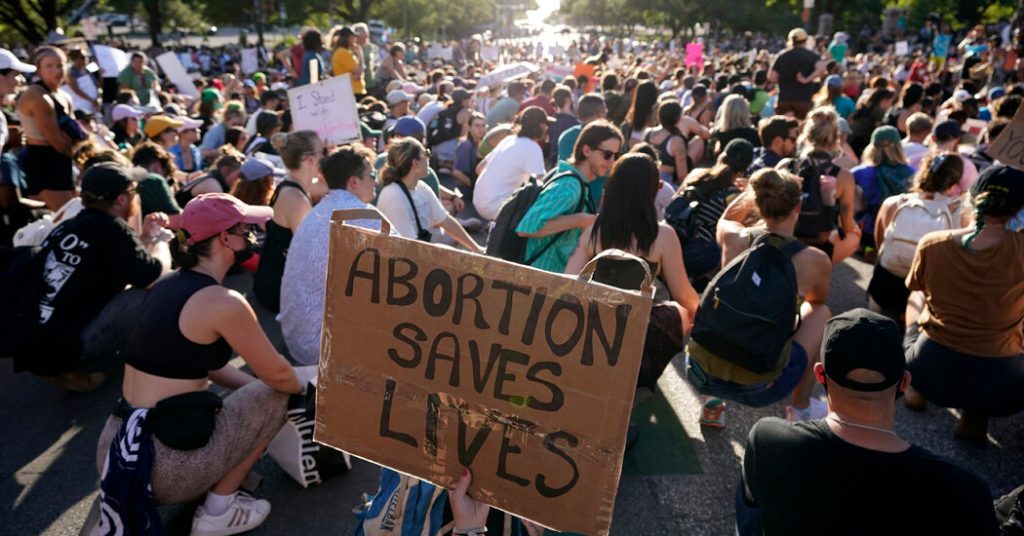In Texas in 2022, a woman named Lizelle Gonzalez was falsely charged with murder after self-inducing an abortion using the drug misoprostol. She filed a lawsuit seeking over $1 million in damages against the local prosecutor’s office and its leaders for the harm and distress she suffered as a result of the arrest and charge. The arrest was made in Starr County, where abortions after six weeks were illegal under Texas law at the time, but pregnant women were exempt from criminal prosecution. Ms. Gonzalez spent two nights in jail before the charge was dropped. The prosecutor, Gocha Ramirez, was found to have unlawfully prosecuted her without probable cause by the state bar of Texas, resulting in a fine and a probated suspension of his law license.
Ms. Gonzalez took the abortion medication and visited the hospital for an examination. Doctors found a heartbeat for the baby and no contractions, but she later experienced vaginal bleeding, leading to the delivery of a stillborn child through a C-section. Misoprostol is approved by the FDA for use through 10 weeks of pregnancy, while the World Health Organization endorses self-induced abortions up to 12 weeks without medical supervision. The hospital employees reported Ms. Gonzalez’s self-induced abortion to the district attorney’s office, leading to a charge of murder without a proper investigation by law enforcement. The lawsuit alleges that the office misled the grand jury with false information to secure an indictment against her.
When the charge against Ms. Gonzalez was dropped, Mr. Ramirez acknowledged the toll the events had taken on her and her family. Texas Right to Life supported his decision, stating that Texas law does not allow for criminal charges against pregnant women. However, the indictment occurred before the overturning of Roe v. Wade and Texas’ near-total ban on abortions went into effect, leaving room for confusion around legal matters regarding abortion. Law professor Melissa Murray believes that Ms. Gonzalez’s lawsuit could raise awareness of the changing landscape around abortion laws in Texas and beyond, and act as a deterrent to other officials who may consider similar actions.
Ms. Gonzalez’s lawsuit aims to vindicate her rights and hold the government officials who violated them accountable. While the lawsuit may not make it to trial, it could result in a settlement that requires the prosecutor to pay damages. The lawsuit may also have the unintended consequence of encouraging the anti-abortion movement to lobby for laws that make pregnant individuals subject to criminal or civil liability for seeking abortions. The case serves as a reminder of the challenges faced by individuals navigating the changing legal landscape around reproductive rights and the potential consequences of legal actions taken in that context.
Overall, Lizelle Gonzalez’s lawsuit highlights the complexities and consequences of navigating abortion laws in Texas and the challenges individuals face in protecting their rights and freedoms. It also sheds light on the potential impact of legal actions taken by government officials in the realm of reproductive rights and the ways in which lawsuits like this one may shape future legislation and public discourse on abortion.


